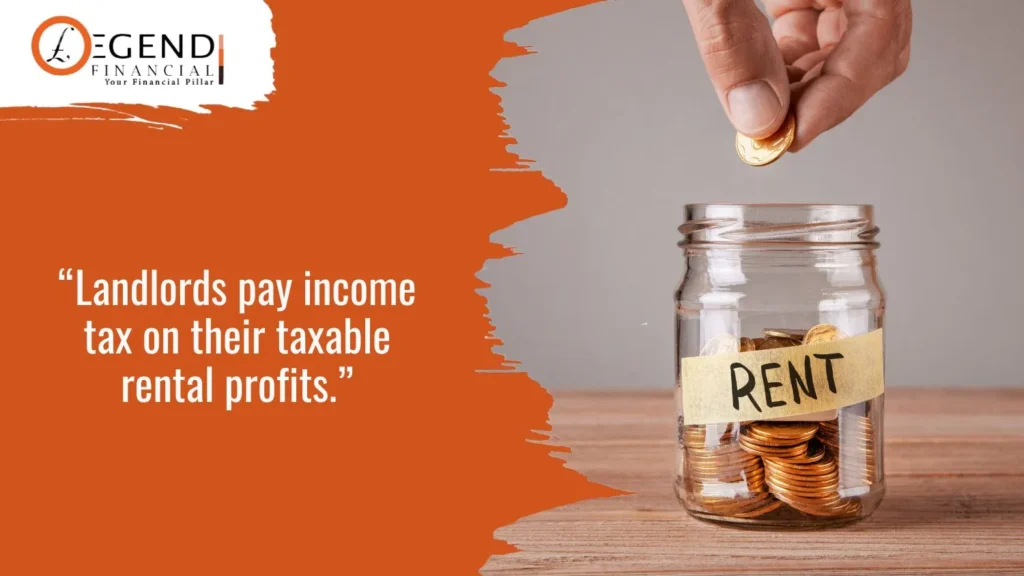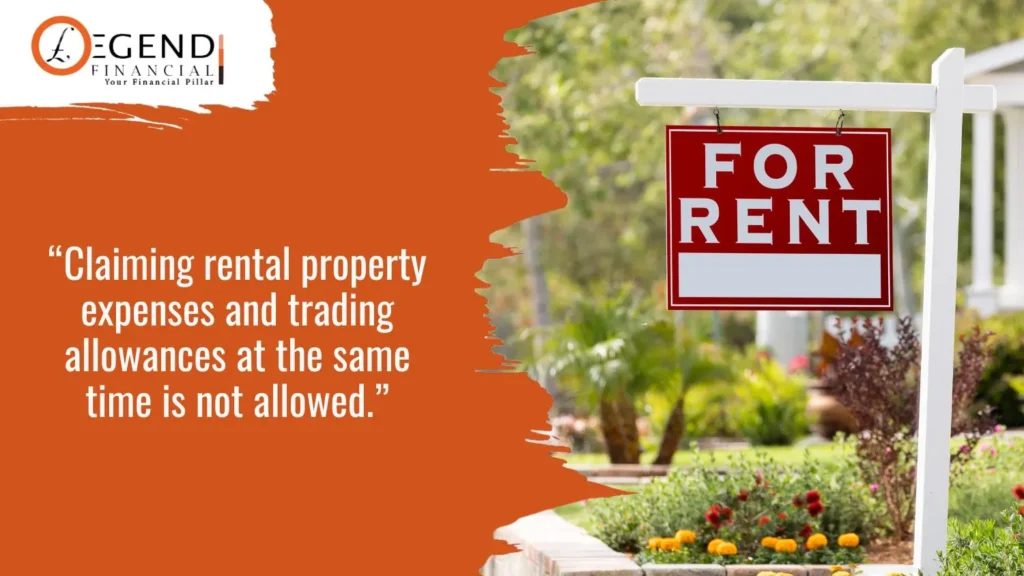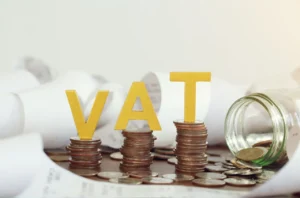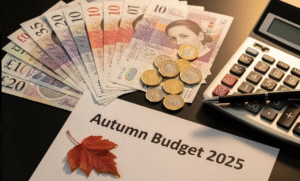At every point of property ownership, landlords have several tax obligations—when they bought the property, rent out for profits, and sell. Below is a comprehensive tax advice for landlords UK, most especially on how they can be tax-efficient and compliant at the same time.
Know Your Tax Obligations
Landlords pay the following taxes at some point:
- Stamp duty (when they buy a UK property)
- Income tax (when they start earning profits from rental property)
- National insurance (when they run a property business)
- Capital gains tax (when they sell the property)
Stamp duty is a crucial consideration when buying a real estate property in the UK. Rates and thresholds vary according to where the property is bought (England & Northern Ireland, Scotland, and Wales), if the one who made the purchase is a ‘first-time buyer,’ and other factors. Learn more about the current stamp duty threshold and reliefs here.
Once property owners earn rental income beyond the annual personal allowance, they are liable to pay income tax. Tax bands and rates are different in Scotland. If they run a property business full-time, they will also need to pay class 2 National Insurance. Find out about the latest income tax and National Insurance changes in this blog: income tax rates 2024/25.
Capital gains tax (CGT) is due when landlords sell their property, and the chargeable gains exceed the annual threshold for the relevant tax year. It is generally worked out by calculating the difference between how much the property was originally purchased and how much it sold. CGT is then added to the overall income taxes. Check out this capital gains tax calculator on UK property & asset sales to help with the calculation.
It is crucial for first-time (or accidental) landlords to get an expert’s tax advice property so they can have the peace of mind that they are properly compliant with their tax and legal liabilities.

Maximise Property Allowance
Landlords can claim a £1,000 trading allowance for their rent profits. However, using this tax-free property allowance means they cannot claim tax deductible business expenses, as both cannot be claimed simultaneously. Those with lower expenses may benefit from claiming the trading allowance instead of tax-deductible expenses.
The property allowance is not available for rental incomes from partnerships, rent-a-room schemes, employers, spouses’ employers, partnerships with connected parties, or close companies where the individual or an associate is a participator.
Save Tax as Married or Civil Partners
There are several tax tips for landlords who are married or in a civil partnership to reduce tax liabilities, such as the following:
Marriage Allowance. If one partner earns less than £12,570, they can transfer £1,260 of their personal allowance to the other, reducing the higher earner’s tax bill by up to £252.
Adjusting Property Shares. Married couples can adjust property ownership shares to reduce tax liability. For example, if one partner earns less, they can own a larger share of the property, resulting in a more favourable tax split.
Setting Up a Partnership. Couples who are both basic rate taxpayers can form a partnership to share profits and avoid moving into a higher tax band. This can significantly reduce overall tax liability.
Setting Up a Private Limited Company. Owning property through a private limited company can reduce tax liability by allowing profits to be taken as a basic-rate salary and dividends, avoiding higher income tax rates. This requires more set-up and legal responsibilities than a partnership.
Tax deduction rules for married couples and civil partners can be very complex. Consulting a property tax expert is recommended for any of these arrangements.

Carry Any Loss Forward
Rental income losses occur when allowable expenses exceed rental income. These losses can only offset future profits of the same type (UK against UK, overseas against overseas). Losses automatically carry forward and must be used against the first available rental profits each year. It is not advisable for landlords to store losses for later use, as they may end up being taxed in the higher rate tax bracket.
Claim Rental Property Expenses
Landlords should claim allowable property expenses (incurred ‘wholly and exclusively’ for the business) to lower their taxable profits. To do so, they must keep detailed records and receipts for all ‘revenue expenses‘ related to letting, managing, and maintaining their property.

Some landlords were also enquiring if financial advisor fees are tax deductible in the UK, as they use financial advisory services to help them make informed decisions. Click the link above for more information.
Sign Up for the Rent a Room Scheme
Resident (or live-in) landlords, including those running bed and breakfasts or guest houses, are eligible to sign up for the rent a room scheme. Once they opt into the scheme, they get automatic tax exemption when they earn below £7,500. This threshold is halved if income is shared with a partner or another individual. If they earn more than this amount, they can claim the allowance through their tax return.
Prepare Tax Returns Correctly
Landlords must file self-assessments annually to report rental income and expenses to HMRC. Here are some common mistakes landlords make and how they should be done:
- Incorrectly claiming full mortgage interest, resulting in higher tax bills. They must claim only 20% of mortgage interest as tax relief, regardless of their income tax rate, and correctly enter the amounts in their tax return.
- Mistakenly claiming capital expenses as revenue expenses, which are not tax deductible for landlords. They must be able to distinguish properly which expenses they use to enhance the property value (capital) and which they use for maintenance (revenue).
- Inaccurately claiming petrol allowance without proper record-keeping. Property businesses should keep accurate records of business mileage, claiming 45p/mile for the first 10,000 miles and 25p/mile thereafter, and exclude their personal trips.
- Failing to declare all rental income, including from the tenant, holiday lets, or overseas properties. Landlords must declare all rental profits before deductions in their tax return.
- Missing the tax return deadline or submitting incomplete or inaccurate returns, leading to penalties and interest charges. They must submit their online tax return by 31 January to avoid penalties, pay their tax bill promptly, and correct any mistakes online within 12 months of the deadline to prevent further penalties.
If uncertain about how they should complete their tax returns, it is crucial that landlords seek tax accountants’ advice and hands-on support.
Use the Let Property Campaign
The Let Property Campaign is HMRC’s initiative to encourage landlords to disclose their rental profits, whether underreported or not reported at all. Voluntary disclosure effectively lowers potential penalties if HMRC discovers the errors themselves.
Let Legend Financial Help with Your Tax Returns
Legend Financial has been offering indispensable tax advice for landlords for over ten years. We understand that not all landlords enter the rental property business equipped with all the tax law and legal knowledge. Even owner-managed companies find it difficult to juggle their tax affairs with all the other demands of their business.
We also understand how costly it is and how unnecessary the extra efforts for amendments are when you file late or make mistakes in your tax returns. Our tax accountants have your back! Reach us today!




![What is Council Tax? [2025 Guide]](https://legendfinancial.co.uk/wp-content/uploads/2023/09/LF-Blog-33-CR250210LF-ft-1-300x181.webp)






